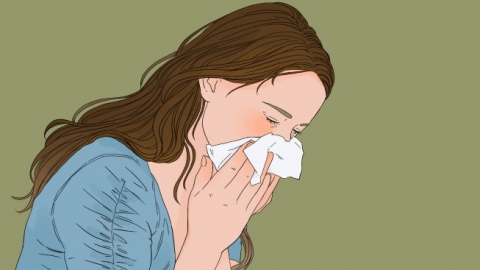What are the different types of mental illnesses?
Psychiatric disorders encompass various types, with differing clinical manifestations and pathogenic mechanisms. Common conditions include schizophrenia, bipolar disorder, depression, anxiety disorders, and obsessive-compulsive disorder. A detailed analysis is as follows:

1. Schizophrenia: This condition is typically characterized by disturbances in perception, thinking, emotion, and behavior. Symptoms may include hallucinations, delusions, disorganized speech, and social withdrawal. Some patients experience cognitive decline, and due to the chronic nature of the illness, long-term treatment is required to stabilize symptoms.
2. Bipolar Disorder: Patients experience extreme mood fluctuations, alternating between manic or hypomanic episodes and depressive episodes. During manic episodes, individuals may feel euphoric, have increased energy, and engage in impulsive behaviors; during depressive episodes, they suffer from low mood, loss of interest, and fatigue. Mood may return to normal between episodes.
3. Depression: The core feature is persistent low mood. Patients often experience loss of interest, reduced energy, sleep disturbances, and appetite changes. Some may develop feelings of guilt, slowed thinking, and, in severe cases, suicidal thoughts or behaviors, necessitating timely intervention to alleviate symptoms.
4. Anxiety Disorders: These are primarily marked by excessive and uncontrollable anxiety. Patients frequently feel tense and worried, accompanied by physical symptoms such as palpitations, chest tightness, sweating, and restlessness. Avoidance behaviors may develop, affecting daily work and interpersonal relationships, and prolonged anxiety may lead to other psychological issues.
5. Obsessive-Compulsive Disorder (OCD): Patients repeatedly experience intrusive, uncontrollable obsessions (such as persistent fears of contamination or doubts) and compulsions (such as repeated handwashing or checking). Despite recognizing these thoughts and behaviors as irrational, they are unable to stop them, leading to significant distress and impaired quality of life.
If you or someone else exhibits symptoms related to the above conditions for an extended period that significantly affects normal functioning, it is important to seek timely evaluation and treatment at a professional medical facility.








